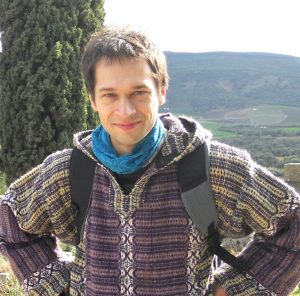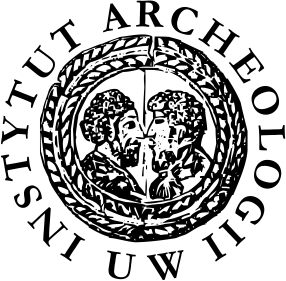
Adam Izdebski is a historian of Late Antiquity and Byzantium. A graduate of the universities of Warsaw (2007, history; 2008, psychology) and Oxford (2008, Byzantine Studies), he wrote his PhD thesis under the supervision of Ewa Wipszycka-Bravo (the PI of this project), co-supervised by James Howard-Johnston (Oxford). After defending the dissertation in Warsaw in 2011, he moved to the Free University of Berlin, for a Alexander von Humboldt Fellowship.
He returned to Poland in 2012, moving to the Jagiellonian University in Krakow, where he is now an assistant professor of Byzantine and Environmental History. He spent the spring 2016 as a Visiting Professor in the Council of the Humanities at Princeton University.
His main research fields are environmental, economic and social history of Late Antiquity and Byzantium. His monograph on the ecological dimension of the ancient-medieval transition in the Eastern Mediterranean redefined the old debate on the ‘collapse of Rome’ by looking at what was happening to the environment at the time of a profound socio-political change. During the last few years, he has been focusing on studying the impact of climate on the Mediterranean societies from late Antiquity until the dawn of the modern era. He has been collaborating with a number of natural scientists on detailed survey of both scientific and historical-archaeological evidence from different regions of the Mediterranean.
At the same time, Adam Izdebski has also carried out research on Syriac Christianity, in particular the East-Syriac (Nestorian) School of Nisibis. In the current project, he is responsible for studying the Syriac legal and institutional sources that relate to the history of asceticism and monasticism during the Syriac Late Antiquity.


